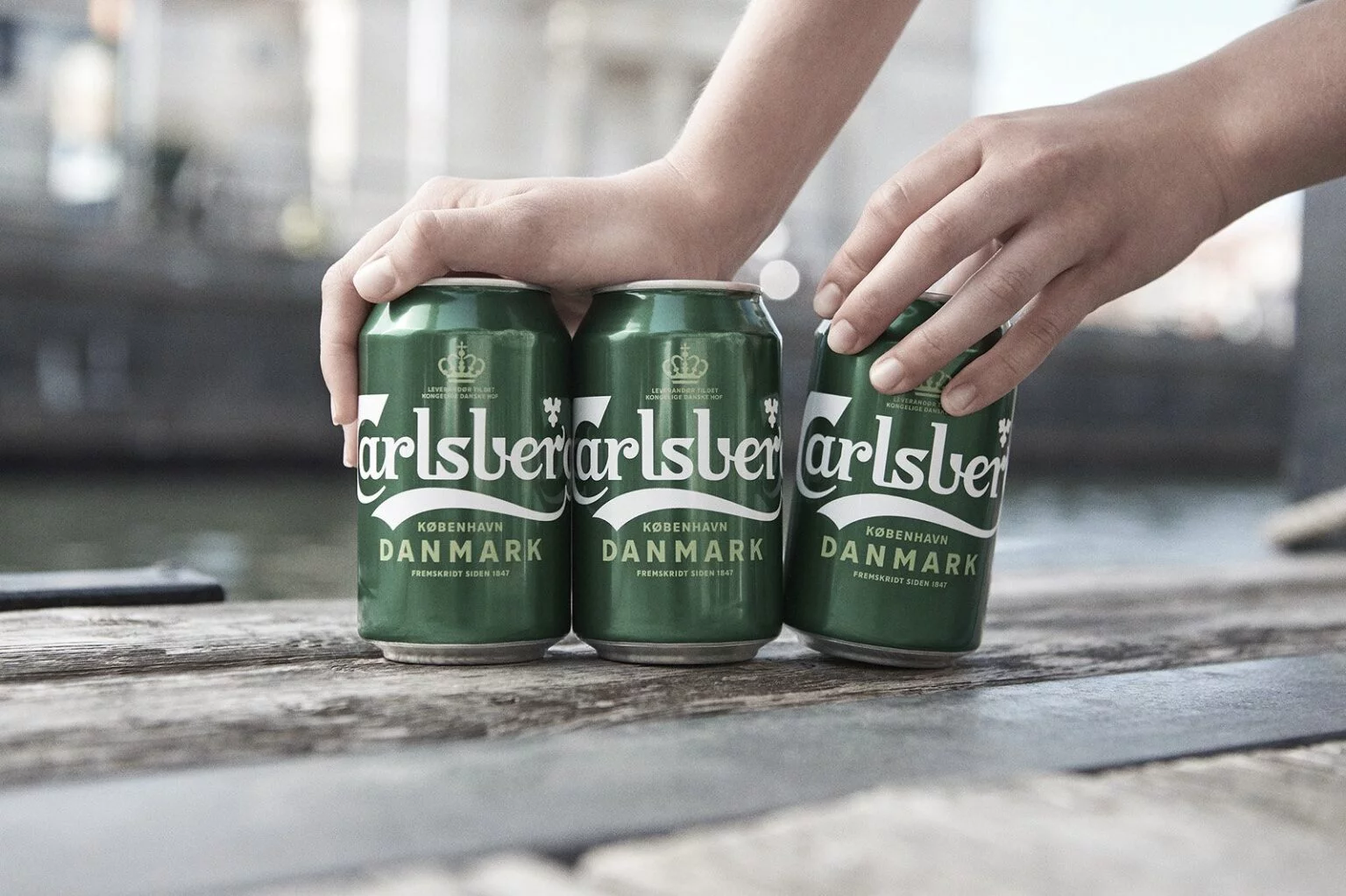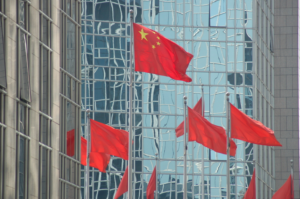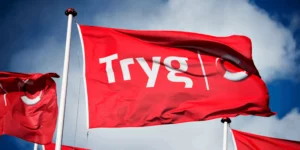Fra ØU Samfundsansvar // oversat med ChatGPT
In silence, Carlsberg has buried one of its biggest environmental initiatives in Denmark. The so-called Snap Pack, where a dollop of glue holds six cans together, was supposed to save the environment from hundreds of millions of tons of plastic. Now the last cans with Snap Pack have been sent out to the stores. “Consumers don’t want them” is the explanation from Carlsberg. An environmental organization is disappointed.
“Today’s launch is a reflection of our desire to follow in the footsteps of our founder J. C. Jacobsen in the pursuit of a better tomorrow.”
These were the grand words back in September 2018 when Carlsberg‘s then CEO Cees ‘t Hart presented Carlsberg‘s “groundbreaking initiatives to the world press” as stated in Carlsberg‘s own press release.
The groundbreaking initiatives were part of Carlsberg‘s sustainability program and were dubbed Together Towards Zero, with the aim of saving the global community no less than 1,200 tons of plastic per year.
And at the top of Carlsberg‘s list of innovations was the new Snap Pack.
“It’s been three years in the making. The new type of packaging replaces the well-known six-packs with a small dollop of glue that sticks the cans together,” Carlsberg wrote at the launch, and continued:
“Snap Pack got its name from the action you have to make to separate the cans. Where the cans were previously held together by plastic film, they now just have to be snapped apart. Just in Denmark alone, we save the plastic film from the 26 million six-packs we sell every year.”
Carlsberg‘s vision for the small solution to a big problem was quite ambitious. The technology was called “revolutionary” and it would reduce “Carlsberg‘s plastic consumption by 76% at once, and the glue is just strong enough to hold the cans together, and does not stick when the cans are separated”.
Carlsberg‘s media strategy paid off in the first round. The initiative was praised in almost all Danish and large global media. And consumers embraced the good idea. But quite soon, critical voices began to emerge. Stories began to appear about customers who did not have the strength or had arthritis or otherwise had great difficulty separating the six cans.
For a long time afterwards, there was a noticeable silence around the “great innovation” from Carlsberg. The explanation for the brewery group now abandoning the green project turns out to be that consumers rejected the Snap Pack and did not buy the many good sustainability arguments from Carlsberg.
“The reception in Denmark has been lukewarm. We have therefore decided to stop the pilot project in Denmark and instead go back to our well-known packaging, which today consists of 100% recycled plastic wrap,” Carlsberg writes in a written response to Økonomisk Ugebrev.
Carlsberg now calls it a pilot project. However, this is not how it was perceived by the Danish organization Plastic Change, which fights plastic pollution globally and has collaborated with Carlsberg, including developing sustainable mugs or cups for many of the music festivals that Carlsberg supports.
The organization was enthusiastic when Carlsberg announced its ambitious goals and had no reason to doubt that there were realities behind the goals Carlsberg set itself. Therefore, the disappointment today is so much greater, not least after a long period where the organization had heard nothing from Carlsberg.
“We find it regrettable that Danish consumers have not better accepted Carlsberg‘s Snap Pack, and it is a good example of how strong our habits are when it comes to consumer preferences. Perhaps it is occasionally necessary to remove the less sustainable choices from the shelves, instead of waiting for consumers to change habits,” says Louise Lerche-Gredal, CEO of Plastic Change.
Carlsberg launched its ambitious plastic project in Denmark and England. But where the project is now completely dropped in Denmark, it seems to be doing a bit better in England.
“The solution has proven to be a success in England, where 65% of our four and six-piece packaging from our brewery in Northampton, in 2022 were snap packs,” Carlsberg writes in its response to Økonomisk Ugebrev and continues:
“On the other hand, we have gained a lot of experience from the project, which we can take with us in our continued work to improve and develop new sustainable solutions for the Danish market. For example, we have introduced 100% recycled material in our plastic wrap, and last year we presented our fiber bottle, which is the world’s first 100% bio-based beer bottle – initially also in a test.”
Carlsberg has not responded to whether they still intend to launch Snap Pack in other countries or what the investment has cost Carlsberg.











